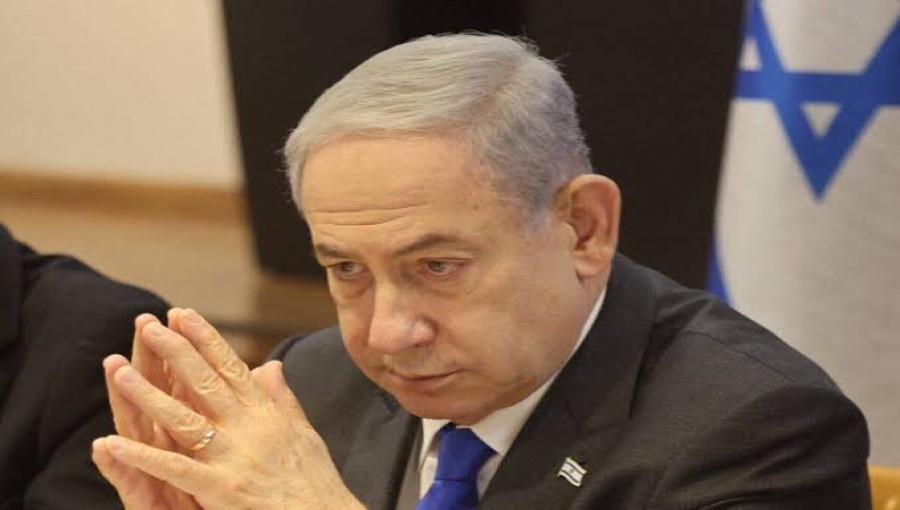Israeli Prime Minister Benjamin Netanyahu has reiterated Israel's firm stance on responding to Iran's recent attack, stating that Israel will independently determine its course of action to ensure its security. Despite calls from Western countries, including the United States, for restraint, Netanyahu emphasized Israel's commitment to safeguarding its interests.
During a meeting with British Foreign Minister David Cameron, Netanyahu underscored Israel's autonomy in making security decisions, affirming that friendly nations would stand by Israel in its efforts to protect itself. Netanyahu expressed gratitude for the support received from Cameron and German Foreign Minister Annalena Baerbock, emphasizing Israel's resolve to take necessary measures for its defense.
The visit of the German and British foreign ministers to Israel coincided with Iran's attack, prompting discussions on preventing the conflict from escalating into a regional crisis amid ongoing tensions in Gaza. Israel's wartime cabinet convened to deliberate on its response to Iran's aggression, signaling the country's readiness to retaliate.
Iran's retaliatory actions followed a suspected Israeli airstrike on the Iranian consulate in Damascus, Syria, prompting heightened tensions between the two adversaries. While Israel claimed to have intercepted most of Iran's missiles and drones, both sides have issued threats of retaliation, underscoring the volatile nature of the situation.
As Israel weighs its options, the specter of further escalation looms over the region, with the potential for broader and more severe consequences. The ongoing conflict underscores the complex geopolitical dynamics at play, underscoring the importance of diplomatic efforts to de-escalate tensions and prevent further violence.





























Comment: